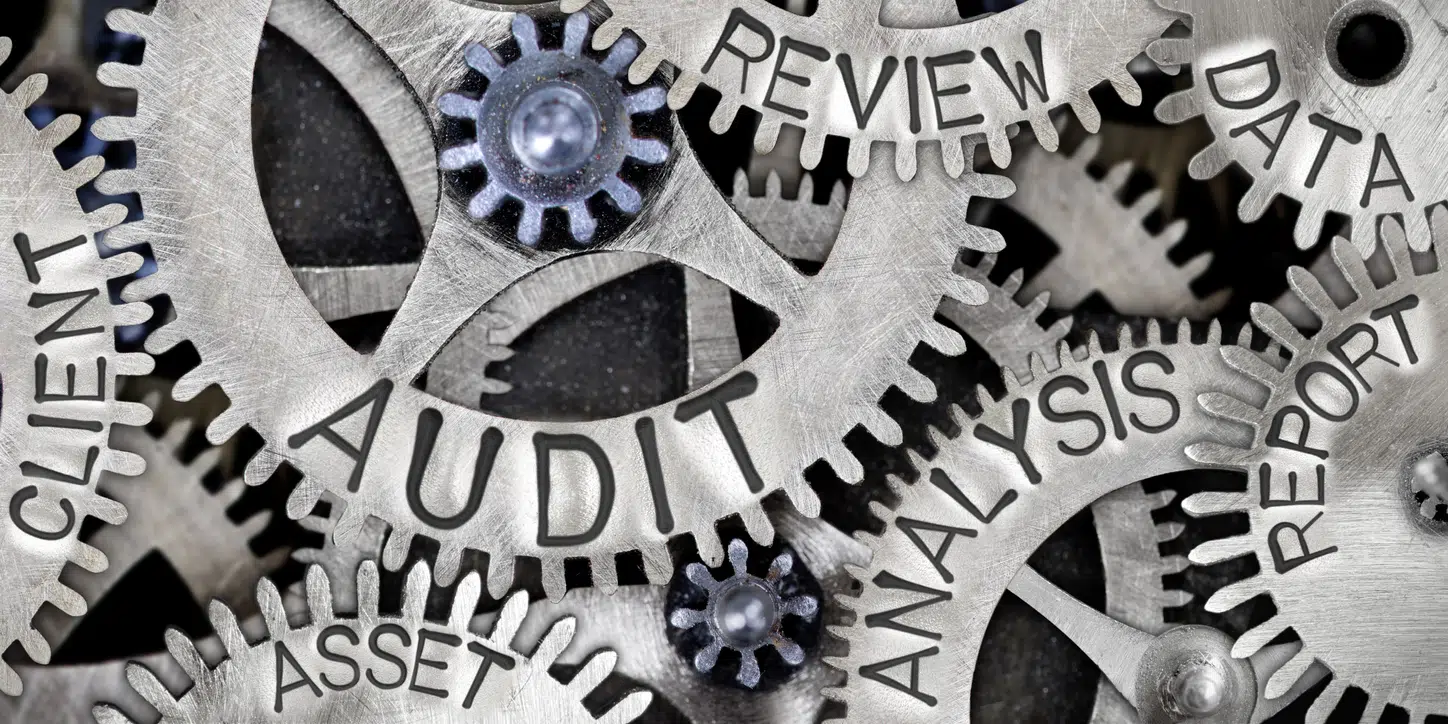Supporting CFOs with HMRC Customs Audits
As a CFO or Financial Controller, your role extends beyond financial oversight—you are responsible for managing risk, optimising costs, and ensuring regulatory compliance. With HMRC increasing customs audits, failing to prepare could lead to significant financial exposure, impacting your company’s profit margins, cash flow, and risk profile.
For businesses handling high volumes of imports and exports, customs compliance isn’t just an operational issue—it’s a financial and strategic concern that can affect your bottom line. From unexpected duty payments to potential financial penalties and VAT complications, a customs audit can create unplanned liabilities if your organisation isn’t ready.

The Growing Risk of HMRC Audits
Recent trends indicate a marked increase in HMRC customs audit activity, particularly targeting businesses with complex supply chains, high trade volumes, and a perceived compliance risk. While some audits are random, others are triggered by:
- Discrepancies in declarations (e.g., incorrect customs values or misclassified goods)
- Inconsistent VAT and duty payments
- Irregular trading volumes or supply chain patterns
- Past compliance issues or incomplete documentation
These comprehensive audits involve document verification, goods inspections, and in-depth compliance reviews. If errors are uncovered, they can lead to:
Financial penalties – Unexpected duty payments, fines, and retrospective VAT charges;
Cash flow disruption – Immediate payments due for underpaid duties or incorrect VAT handling;
Operational delays – Goods held at customs, affecting supply chain continuity and
Increased HMRC scrutiny – Ongoing compliance monitoring, impacting future trade operations.
The CFO’s Role in Customs Audit Preparedness
A smooth HMRC audit requires financial leadership. CFOs who take a proactive role in customs compliance can protect their business from unnecessary costs and disruption. Here’s how:
1. Perform Regular Internal Reviews to Prevent Costly Errors
Many businesses only react to customs audits, but a CFO should drive proactive reviews to identify risks before HMRC does. Independent internal audits help:
- Ensure customs declarations align with financial records;
- Detect misclassified goods that could trigger higher duties;
- Identify reclaim opportunities for overpaid customs duties; and
- Assess compliance with special customs procedures like Inward Processing (IP) or Free Trade Agreements (FTAs).
2. Leverage Data Analytics for Financial Control
Cost-saving opportunities can be missed without clear oversight of customs duty and VAT payments. CAT360, Barbourne Brook’s proprietary Customs Analytics Software, can help CFOs manage customs risk by:
- Identifying unnecessary duty spend and reclaim opportunities;
- Tracking patterns in customs declarations to flag inconsistencies;
- Validating customs values against purchase records to prevent financial discrepancies; and
- Ensuring duty relief schemes are being fully utilised.
CAT360 provides CFOs with real-time data insights into customs spend, compliance risks, and reclaimable duties – giving financial leaders full control over customs costs.
Lindsey Roberts, Senior Customs Duty Consultant at Barbourne Brook, explains:
“the risk isn’t just about one audit – its about ensuring financial resilience and avoiding long term exposure. For SAO’s there is potential for personal liability and reputational damage to consider as well.”
How CFOs Can Prepare for an HMRC Customs Audit
When an HMRC audit notice arrives, swift and structured action is crucial. Here’s a CFO-led approach to preparing effectively:
1. Centralise Documentation Immediately
Ensure all requested documents are readily available, including:
- Import/export invoices;
- Customs declarations and tariff classifications;
- Proof of origin for preferential trade agreements;
- VAT and duty payment records.
Missing or incomplete records can lead to delays, penalties, or increased scrutiny.
2. Justify Your Compliance with Precedents
Prepare clear justifications for how your business complies with customs regulations:
- Reference past audit success to demonstrate historical compliance;
- Use industry standards and regulatory frameworks as benchmarks;
- Ensure your team can explain why specific duty rates, valuations, or classifications were applied.
A CFO who understands the financial and legal justifications for customs decisions can strengthen the company’s position during an audit.
3. Ensure Accurate Duty Reclaims & VAT Handling
Reclaiming overpaid duties can improve cash flow, but errors in reclaim schedules can delay audits and result in HMRC challenges.
As CFO, your priorities will be:
- Validate duty reclaims with complete, error-free documentation;
- Use analytics tools to cross-check reclaim figures against customs data;
- Ensure compliance with VAT deferment and duty relief schemes.
A well-prepared reclaim schedule demonstrates strong financial governance and can speed up the audit process.
4. Involve Internal Teams & External Experts
An HMRC audit requires cross-functional coordination. CFOs should:
- Brief key finance, trade compliance, and logistics staff to align on audit responses;
- Use financial and customs data to prepare evidence-based reports;
- Engage customs consultants for expert support if any compliance gaps are identified.
Many companies rely on third-party customs brokers but have little control over what is filed on their behalf. A CFO’s oversight ensures accuracy and financial accountability.
Proactive Customs Compliance Equals Long-Term Financial Stability
Customs compliance isn’t just about avoiding penalties – it’s about:
- Maximising cost savings through efficient customs duty management;
- Optimising cash flow by leveraging VAT deferment and duty relief schemes;
- Gaining full visibility over customs-related costs to drive better financial decisions;
- Reducing reliance on third-party customs brokers and taking control of financial risk.
✔ No surprises from HMRC audits
✔ More control over customs costs
✔ Better financial decision-making
At Barbourne Brook, we specialise in supporting CFOs to prepare for and optimise their customs compliance strategy.
- Independent Customs Reviews – Identifying risks before HMRC does
- CAT360 Data Analytics – Real-time insights into duty spend, compliance risks, and reclaim opportunities
- Audit Preparation Support – Expert guidance to ensure smooth HMRC interactions
Contact us to find out how we can assist you on your compliance journey.
Talk To An Expert
Need help with customs compliance or looking to save on costs?
Share your contact details, and one of our experts will be in touch to assist!
Related Posts
15 April 2025
Protected: Product Recalls and Customs Duty: Hidden Costs, Missed Opportunities
In the food and beverage sector,…
8 April 2025
The Hidden Customs Risks That Could Derail Your M&A Deal
Why overlooked customs operations can…
3 April 2025
Liberation Day Tariffs: What UK Businesses Need to Know
The reintroduction of sweeping US…


